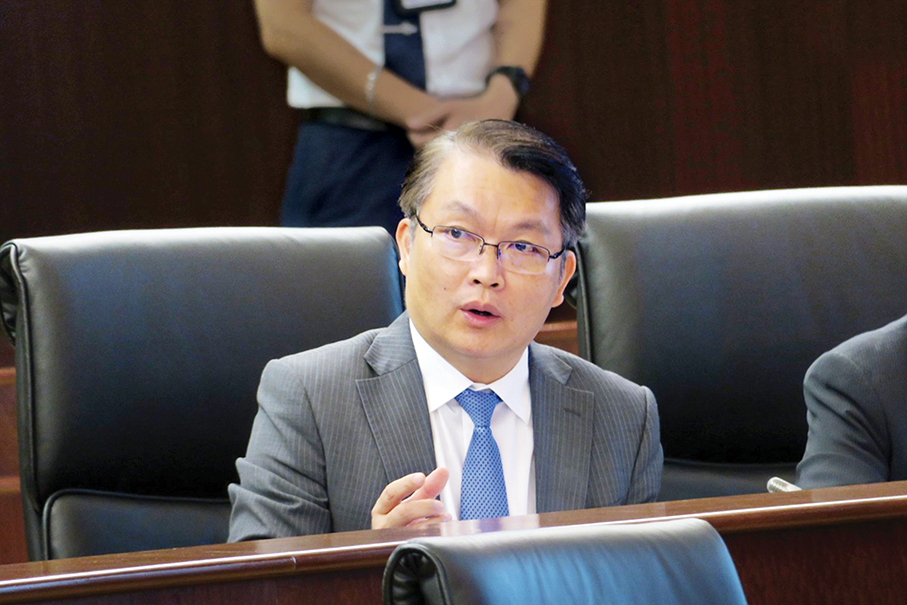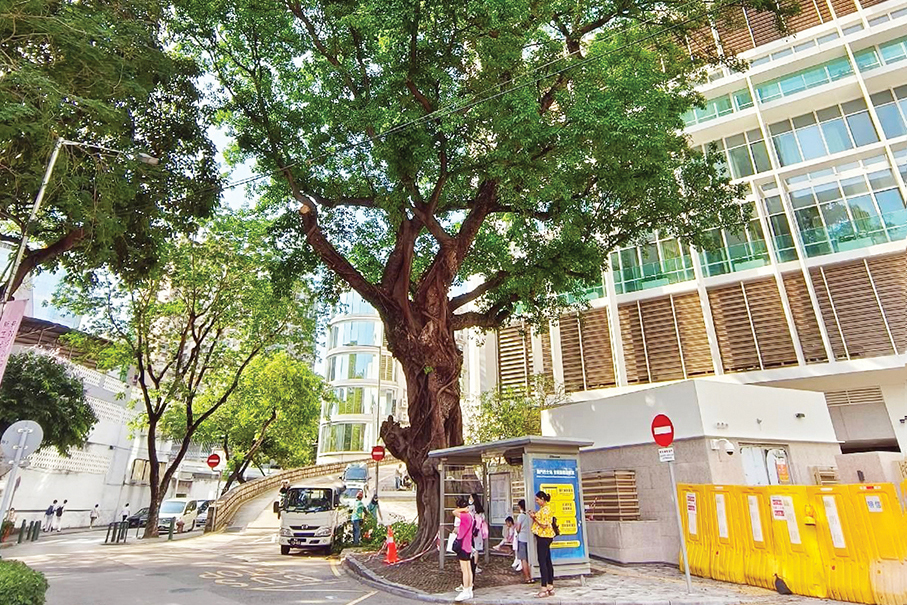The Legislative Assembly (AL) yesterday passed a government-initiated bill that will enable the government to issue digital currency.
Secretary for Economy and Finance Lei Wai Nong attended yesterday’s plenary session when the bill was voted on article-by-article in its second and final reading.
Lei reaffirmed that for the time being the government does not have a timetable as to when the issuance of digital patacas would get off the ground.
The policy secretary also reaffirmed that the government’s possible issuance of digital currency will have nothing to do with cryptocurrency.
The bill’s outline was passed during a plenary session of the legislature in October last year. The legislature’s 2nd Standing Committee held several meetings to review the bill.
The bill passed yesterday is a new law regulating Macau’s money issuance, which will take effect on September 1, when it will replace the current decree law regulating the city’s money issuance, which was promulgated in 1995 when Macau was still under temporary Portuguese administration.
According to the new law, Macau’s legal tender will also cover digital currency, in addition to the current and traditional forms of currency, namely banknotes and coins.
The implementation of the new law means that digital patacas will have the same legal status as banknotes and coins.
According to the new law, the government’s possible issuance of Macau’s own digital currency will be regulated by specific pieces of legislation in the future.
During yesterday’s plenary session, Lei acknowledged that the issuance of digital currency is now the dominant trend in the world.
Lei noted that while the new law will enable the government to issue digital currency, for the time being the government does not have a timetable as to when it would roll out digital patacas.
Moreover, the new law will formalise the issuance of commemorative banknotes.
While the current decree law on money issuance lists commemorative coins and coins in general circulation, it does not stipulate the issuance of commemorative banknotes.
The new law, which will come into force on September 1, stipulates that both banknotes and coins comprise those issued for general circulation and commemorative ones.
Furthermore, the new law lists two special circumstances that will exempt businesses from their statutory obligation to accept cash, namely online purchases, as well as the sale of goods or services without staff to receive the payments – such as vending machines.
The new law will also lower the official maximum number of coins that a business must accept in a transaction to 50 from the current 100.
The current decree law on money issuance stipulates that in any payment, businesses are not obliged to receive more than 100 coins, regardless of the face value of the coins concerned.
In any cash payment, according to the new law, businesses will not be obliged to receive more than 50 coins, regardless of the face value of the coins involved.
The new law will fine businesses which refuse to accept Macau’s sole legal tender – patacas. According to the new law, violators who are individual businesspeople will be fined between 1,000 and 10,000 patacas, while companies will be fined between 5,000 and 100,000 patacas.
While the current decree law stipulates the statutory obligation for businesses to accept patacas, such violations do not carry a fine.
While the pataca is Macau’s sole legal tender, the Hong Kong dollar is widely regarded as the city’s customary tender, such as in the real-estate and gaming sectors.

Secretary for Economy and Finance Lei Wai Nong addresses yesterday’s plenary session in the Legislative Assembly’s (AL) hemicycle. – Photo courtesy of TDM






